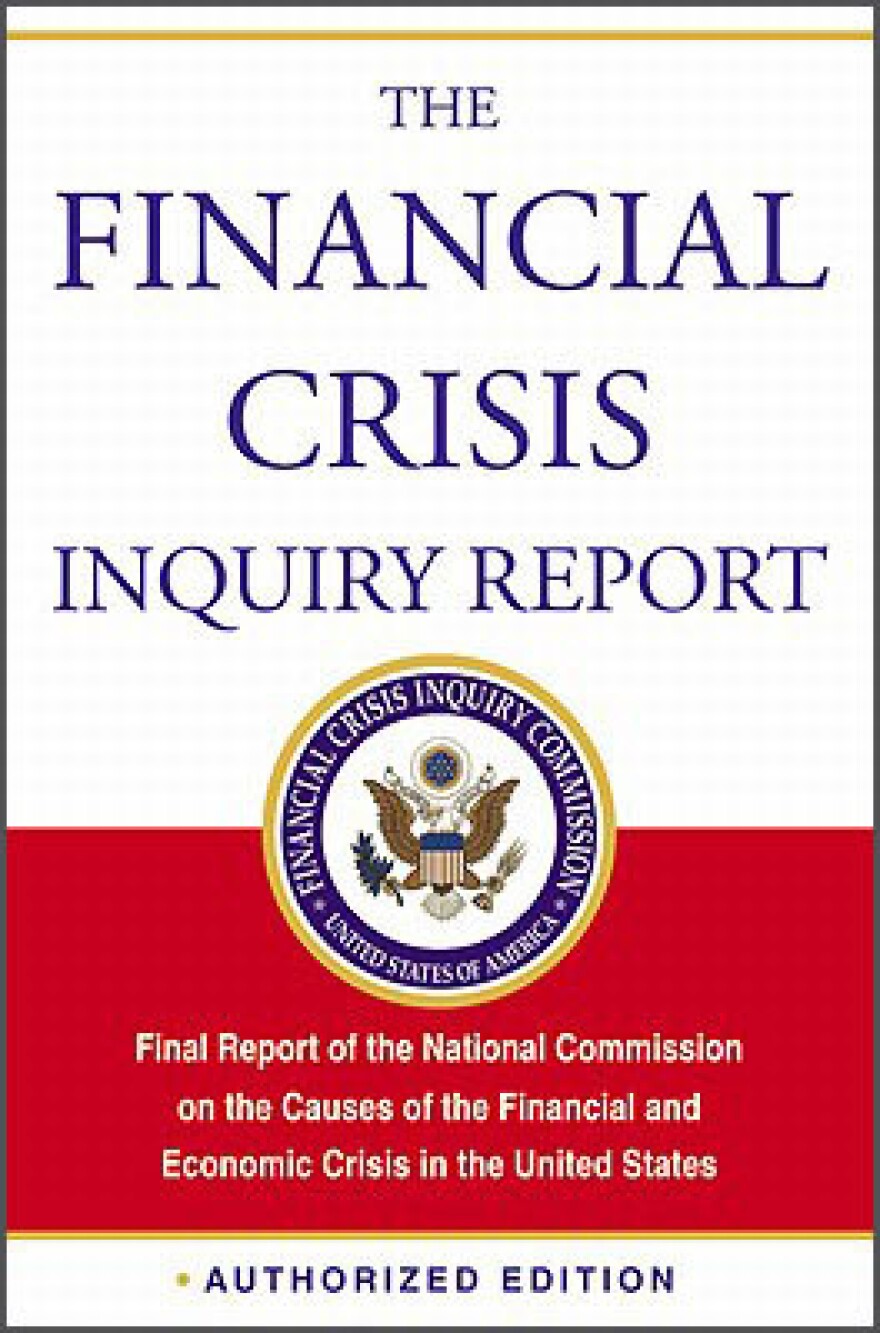Wench
by Dolen Perkins-Valdez
Of the many inexplicable aspects of the institution of slavery, one of the hardest to fathom is the relationship between slave owners and the slaves they took as mistresses. These are the relationships that Dolen Perkins-Valdez explores in the novel Wench. She sets her story mostly in a resort in the free state of Ohio, revealing a little-known slice of slave life — the phenomenon of Southern slave owners vacationing with their mistresses. The false air of normalcy and the tantalizing proximity to freedom that results has a profound effect on four women whose lives are utterly dependent on the mercy and whims of their owners and lovers. For one of these women, the hint of freedom is also an invitation to escape, upending the carefully constructed lives of both owners and slaves. This is a fascinating and tragic story that's also a compulsive read.
320 pages, $14.99, Amistad

So Cold The River
by Michael Koryta
So Cold the River follows filmmaker Eric Shaw as he's hired to uncover and record the history of a dying man who has precious little information about his roots, save for the name of his hometown — West Baden Springs — and a bottle of Pluto Water — a substance manufactured in nearby French Lick, Ind., around the turn of the 20th century that claimed to cure any affliction known to man. Shaw's search takes him to a newly restored West Baden Springs Hotel and the mysterious Lost River — an evil force that flows around and under the hotel — to confront his client's ghosts. Inspired in part by the song "Short Trips Home" by Indiana native violinist Joshua Bell and fellow Hoosier composer Edgar Meyer, Koryta's supernatural mystery — like the song — is likely to put chills down your spine.
544 pages, $14.99, Back Bay Books

About A Mountain
by John D'Agata
When writer John D'Agata moved his mother to the suburbs of Las Vegas, he began looking at the history of the government's plan to store nuclear waste deep in Nevada's Yucca Mountain. In About a Mountain, he tells the story of how Yucca came to be the most studied piece of geology on the planet, alongside the story of a suicide of a young man in Las Vegas. D'Agata explains the connection between the two by telling Ira Flatow, "I'm kind of fascinated by this idea that we can surround ourselves with information, we can just pile up data after data after data and arm ourselves with facts and yet still not be able to answer the questions that we have. And I think that suicide, not to simplify it, is the ultimate unknowable." The resulting book is a reporter's notebook that reads like poetry.
236 pages, $14.95, W.W. Norton & Co.

The Financial Crisis Inquiry Report
by the Financial Crisis Inquiry Commission
The federal panel investigating the 2008 financial crisis called it an "avoidable" disaster and laid a large part of the blame on government regulators, including former Federal Reserve Chairman Alan Greenspan, as well as reckless risk-taking on Wall Street. At least, that's the bottom line according to the majority report from six commission members appointed by Democrats. The full report also includes two dissenting reports, the main one of which is from the four members of the commission appointed by Republicans. Drawing on interviews with more than 500 witnesses, including the public testimony of CEOs of the nation's largest banks, the reports differ more in style than in substance — and on how "avoidable" the crisis actually was.
576 pages, $14.99, PublicAffairs
Charlotte Abbott edits "New in Paperback." A contributing editor for Publishers Weekly, she also leads a weekly chat on books and reading in the digital age every Friday from 4-5 p.m. ET on Twitter. Follow her at @charabbott or check out the #followreader hashtag .
Copyright 2023 NPR. To see more, visit https://www.npr.org.


